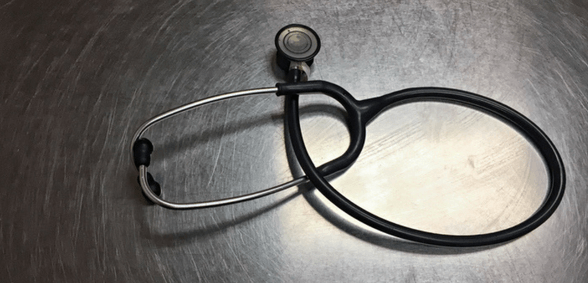
Doctors have been promised clarity around gross negligence manslaughter, as part of an urgent review ordered by health secretary Jeremy Hunt
The BMA reports that rapid review of the dividing lines between gross negligence manslaughter and human error in medical practice is to be carried out by former president of the Royal College of Surgeons Professor Sir Norman Williams, Mr Hunt confirmed on February 6.
The announcement follows widespread concern among the medical profession in response to a ruling by the high court last month which saw Hadiza Bawa-Garba removed from the medical register.
Dr Bawa-Garba, who was convicted of manslaughter by gross negligence in 2015, had originally faced a 12-month suspension from the medical register by the Medical Practitioner Tribunal Service.
The decision prompted fears that doctors would, in future, be afraid to raise clinical concerns in the workplace, with the BMA last week holding an urgent meeting with the GMC to discuss concerns.
Emphasising that he was unable to comment on the ruling of the court, Mr Hunt acknowledged that the Bawa-Garba case had led to ‘huge concern’ among doctors, adding that Sir Norman’s review would be concluded before the end of April.
He said: “Working with senior lawyers, Sir Norman will review how we ensure the vital role of reflective learning, openness and transparency is protected, so that mistakes are learned from and not covered up.
“[The review will also] ensure there is clarity about where the line is drawn between gross negligence manslaughter and ordinary human error in medical practice, so that doctors and other health professionals know where they stand in respect to criminal liability and professional misconduct.”
The announcement was welcomed by the BMA and the council chair Chaand Nagpaul said that he hoped the review’s findings would provide much needed clarity, not only for doctors, but for medical regulators.
He said: “It’s vitally important that doctors’ personal reflections – which encourage openness and improvement through reflection and learning – are protected.
“While the BMA has received important assurances from the GMC in relation to the use of reflective learning, further clarity around how reflections can be protected will be welcomed by doctors.
“There is concern that a growing number of prosecutions of doctors for gross negligence manslaughter results in doctors becoming more cautious. This makes it more likely that they will practise defensive medicine, which is not in the interests of patients.”
Dr Nagpaul added that it was equally important that the government acknowledge the current staffing and funding pressures faced by the NHS, and how these were compromising the delivery of safe and high-quality care.
He said: “While this review is important, especially in examining lessons learnt by the GMC, it’s equally important that the government acknowledges and addresses the system-wide pressures NHS staff work under and which compromise the delivery of high-quality, safe patient care.
“Doctors want to provide the best possible care for each patient and many believe the greatest system risk to patient safety is an under-resourced and understaffed NHS, in which services and staff are stretched too thinly.”
Don’t forget to follow us on Twitter, or connect with us on LinkedIn!

Be the first to comment